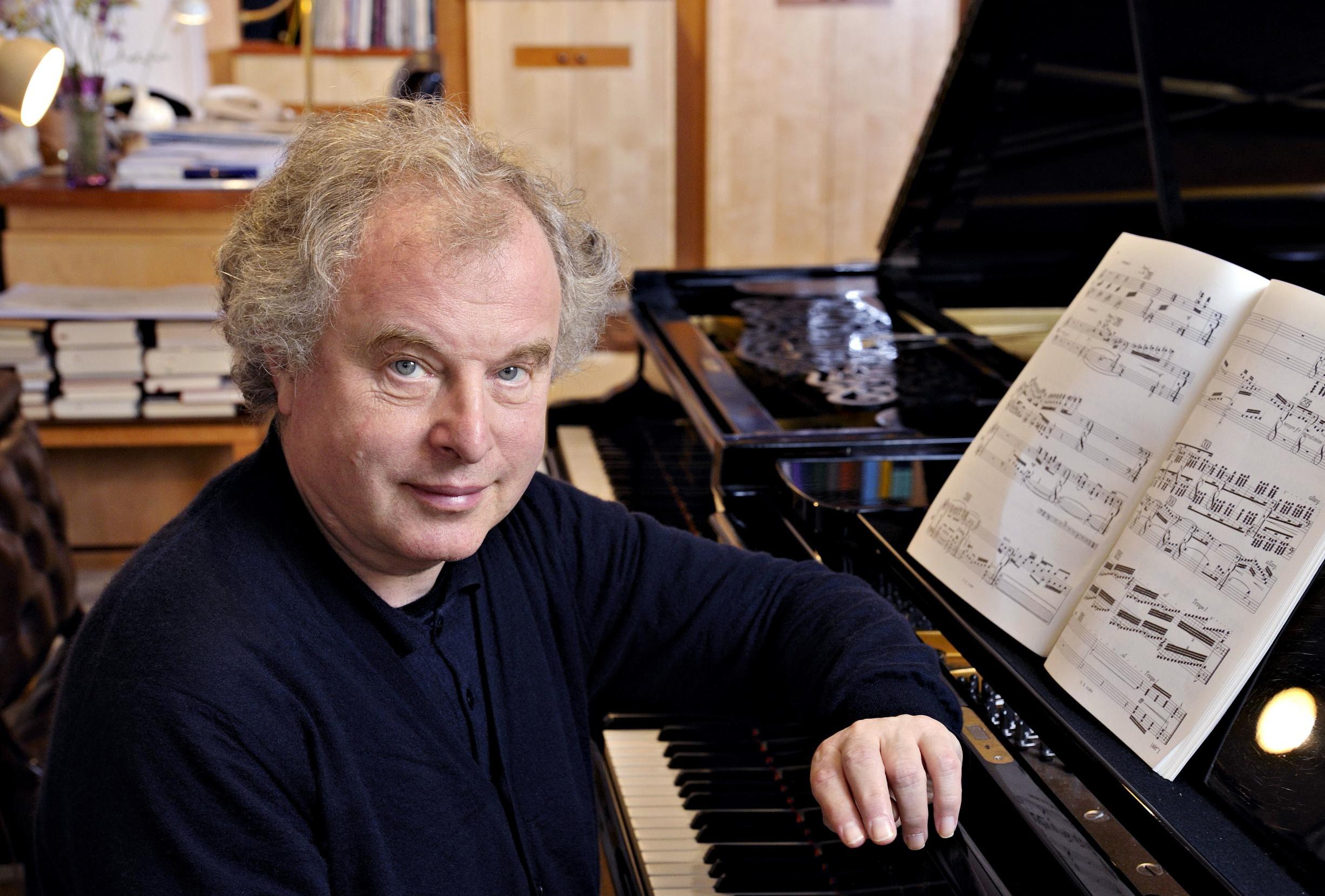Classical reviews: Schubert, Purcell, Barber, and Dove
András Schiff performs Schubert on a fortepiano, while James Gilchrist and Anna Tilbrook present an hour of exquisite refinement with some radically different works. By Michael Church

Schubert: Vier Impromptus D 899, Sonata in C minor D 899, Drei Klavierstücke D 946, Sonata in A flat D 959
András Schiff, fortepiano
(ECM New Series 2535/36)
★★★★★
András Schiff may be one of the great Schubertians, but this review must be as much about his instrument as about him. It’s a fortepiano made in Vienna around 1820, and its four pedals are entirely unlike those of a modern grand. The effect of the soft pedal is quieter and thinner than that of the modern equivalent, suggestive of a harp. The strip of parchment and silk pressed against the strings of the bass register produces a buzz redolent of the bassoon. Given the thinness of the strings, the sustaining pedal has far less effect than its modern equivalent, thus allowing, for example, Beethoven’s normally disregarded direction for the first movement of the Moonlight Sonata to be followed without creating a sonic soup. The moderator pedal has a piece of cloth inserted between the hammers and the strings.
Without this moderator pedal, we are told in the liner note, “the sound of Schubert’s piano music cannot be appropriately conveyed”, and this is no exaggeration. With this CD, Schubert’s pianistic world is fundamentally transformed. Time and again one notices that the upper and lower clefs have an equality impossible to achieve on a Steinway. For the listener unfamiliar with the sound of this instrument, this CD is studded with revelations.
Solitude: Songs by Purcell (arranged by Britten); Schubert’s Einsamkeit; Jonathan Dove’s Under Alter’d Skies; Samuel Barber’s Hermit Songs
James Gilchrist, tenor; Anna Tilbrook, piano
(Chandos CHAN 20145)
★★★★★
This is an intriguing concept album, in which some radically different works are brought together. The link lies in the title: “solitude”, whether chosen or imposed and its implications for the meaning of human life. The text of “O solitude, my sweetest choice” was by a 16th-century French divine translated by the English playwright Katherine Philips, and the arrangement of Purcell’s music by Britten has all the inventiveness of his own settings; Schubert’s Einsamkeit, which was a riposte to Beethoven’s An die ferne Geliebte, is a skillful exercise in Romantic Sturm und Drang; Dove’s song sequence is a setting of Alfred Tennyson’s anguished poems on the death of his friend Arthur Hallam; Barber’s Hermit Songs set some marginal jottings by Irish monks in a medieval manuscript.
Some of these are cheerfully cynical – “I do not know with whom Edan will sleep/ But I do know that fair Edan will not sleep alone” – and others are comically ruminative: “Pangur, white pangur/ How happy we are/ Alone together, scholar and cat”. The Purcell songs have a noble plangency, and the Schubert cycle runs the gamut from tremulous hope to philosophical happiness; Dove’s cycle fits into this distinguished company with impressive ease, and the Hermit Songs have a kaleidoscopic brilliance. At the top of their form, James Gilchrist and Anna Tilbrook here present an hour of exquisite refinement.
Join our commenting forum
Join thought-provoking conversations, follow other Independent readers and see their replies
Comments